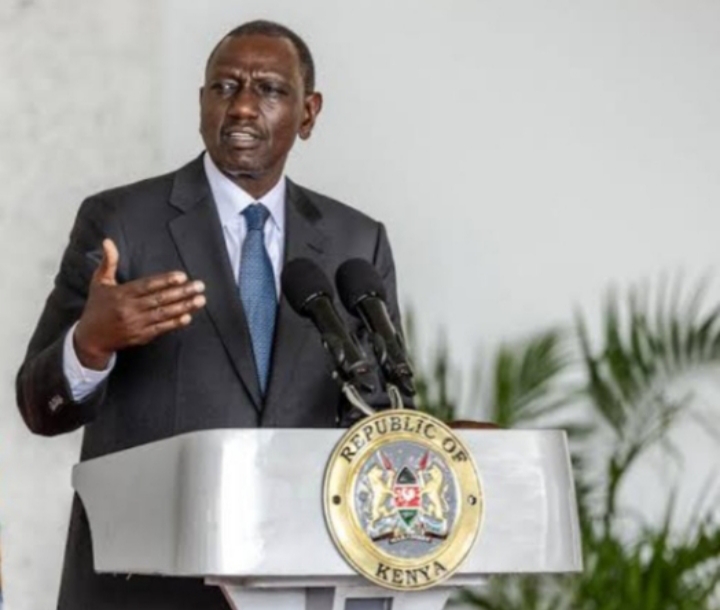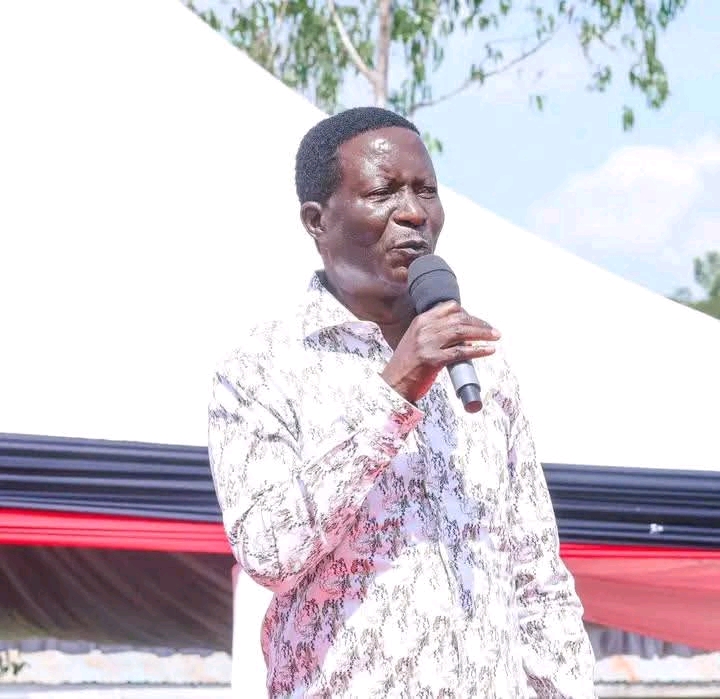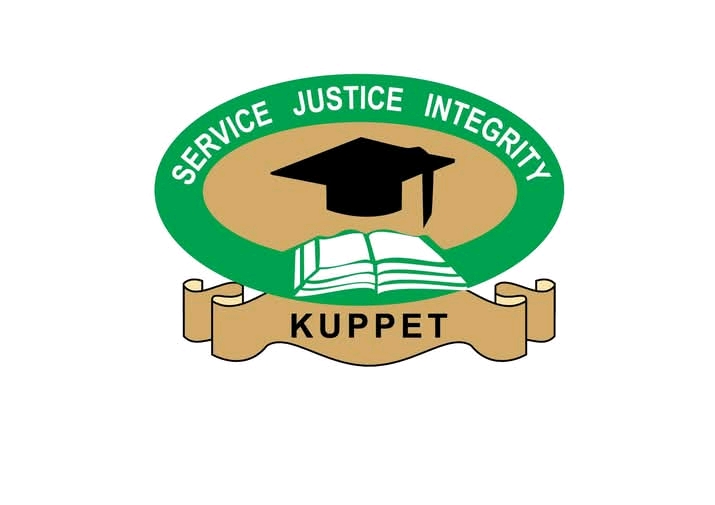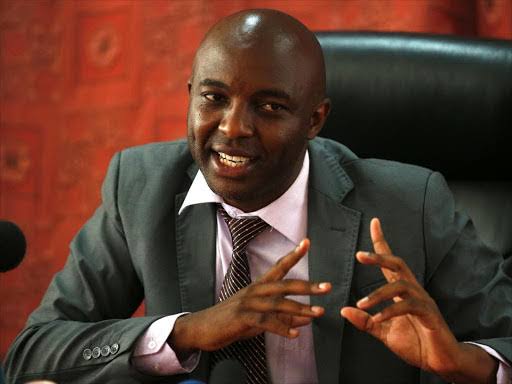-
 POLICE OFFICER CAPTURED ON CAMERA SHOOTING UNARMED VENDOR IN NAIROBI CBD
POLICE OFFICER CAPTURED ON CAMERA SHOOTING UNARMED VENDOR IN NAIROBI CBD
-
 PRESIDENT RUTO SETS CRITERIA FOR JUDGING HIS TIME IN OFFICE
PRESIDENT RUTO SETS CRITERIA FOR JUDGING HIS TIME IN OFFICE
-
 REE DENY KILLING KASIPUL MP WERE, DETAINED FOR 30 DAYS
REE DENY KILLING KASIPUL MP WERE, DETAINED FOR 30 DAYS
-
 TOM HEATON PENS NEW DEAL TO STAY AT MANCHESTER UNITED UNTIL 2026
TOM HEATON PENS NEW DEAL TO STAY AT MANCHESTER UNITED UNTIL 2026
-
 SCHOOLS SHUT DOWN LOOMING
SCHOOLS SHUT DOWN LOOMING
-
 MURANG’A COUNTY GOVERNMENT LAUNCHES A FREE SURGICAL CAMP
MURANG’A COUNTY GOVERNMENT LAUNCHES A FREE SURGICAL CAMP
-
 HANIFA NARRATES HOW SHE WAS ATTACKED BY A GOON DURING PROTESTS IN NAIROBI CBD
HANIFA NARRATES HOW SHE WAS ATTACKED BY A GOON DURING PROTESTS IN NAIROBI CBD
-
 HELB UNVEILS 80% PENALTY WAIVER TO RECOVER BILLIONS IN STUDENT LOAN ARREARS
HELB UNVEILS 80% PENALTY WAIVER TO RECOVER BILLIONS IN STUDENT LOAN ARREARS
-
 CONSTABLE MUKHWANA SPILLS THE BEANS ON OJWANG'S DEATH
CONSTABLE MUKHWANA SPILLS THE BEANS ON OJWANG'S DEATH
SCHOOLS SHUT DOWN LOOMING

The Kenya Union of Post Primary Education Teachers (KUPPET) has raised alarm over the possibility of school closures following a High Court ruling that barred public institutions from charging additional levies without government approval.
Speaking during an interview on Citizen TV, KUPPET Deputy Secretary-General Moses Nthurima said many schools, especially boarding ones, depend on parental contributions to meet daily operational costs. He explained that the government's continued delay in disbursing capitation funds has left headteachers and principals with no alternative but to request extra payments from parents.
"So teachers cannot run schools without levying fees," Nthurima said. "Sometimes, you find that the pending bills for education are a huge sum of money. The government delays submission of capitation, and there’s no alternative."
He noted that essential services such as food, electricity, water, and teaching materials are becoming increasingly difficult to sustain under the current financial strain. "The cost of food has risen. Electricity bills are piling up. Water and sanitation services have to be paid for. Yet the government delays capitation and provides no alternative,” he added.
Under Section 29 of the Basic Education Act, schools were previously allowed to charge additional fees upon approval by the Cabinet Secretary for Education. However, a recent High Court ruling by Justice Lawrence Mugambi emphasized that such levies must not compromise a child’s right to free and compulsory basic education.
The ruling came after a parent of St. George’s Girls’ Secondary School sued the school for sending home a student who had failed to clear extra levies. Justice Mugambi ruled that all levies must comply with the constitutional guarantee of free education.
Nthurima criticized the government’s silence on the matter, saying that principals are now uncertain whether to charge parents or wait for capitation. “The Ministry must give schools written guidance. Right now, principals are being vilified for asking parents to contribute, but without that money, schools can’t function,” he said.
He also questioned the government's commitment to offering free and compulsory basic education, saying that it remains only in law but not in practice. "Under the law, the government is supposed to provide free and compulsory education. But do they do that? That is where we start."
Calling for political goodwill, Nthurima urged the government to prioritize education funding over political campaigns and public relations exercises. “When a government is elected, they immediately start campaigning. The priority shifts to raising money for grassroots empowerment while education suffers,” he remarked.
He concluded by emphasizing that the future of the nation lies in education. “Countries have invested in education, and investing in the future of our children is where the stability of the nation lies.”


Comments (0)
No comments yet. Be the first to comment!